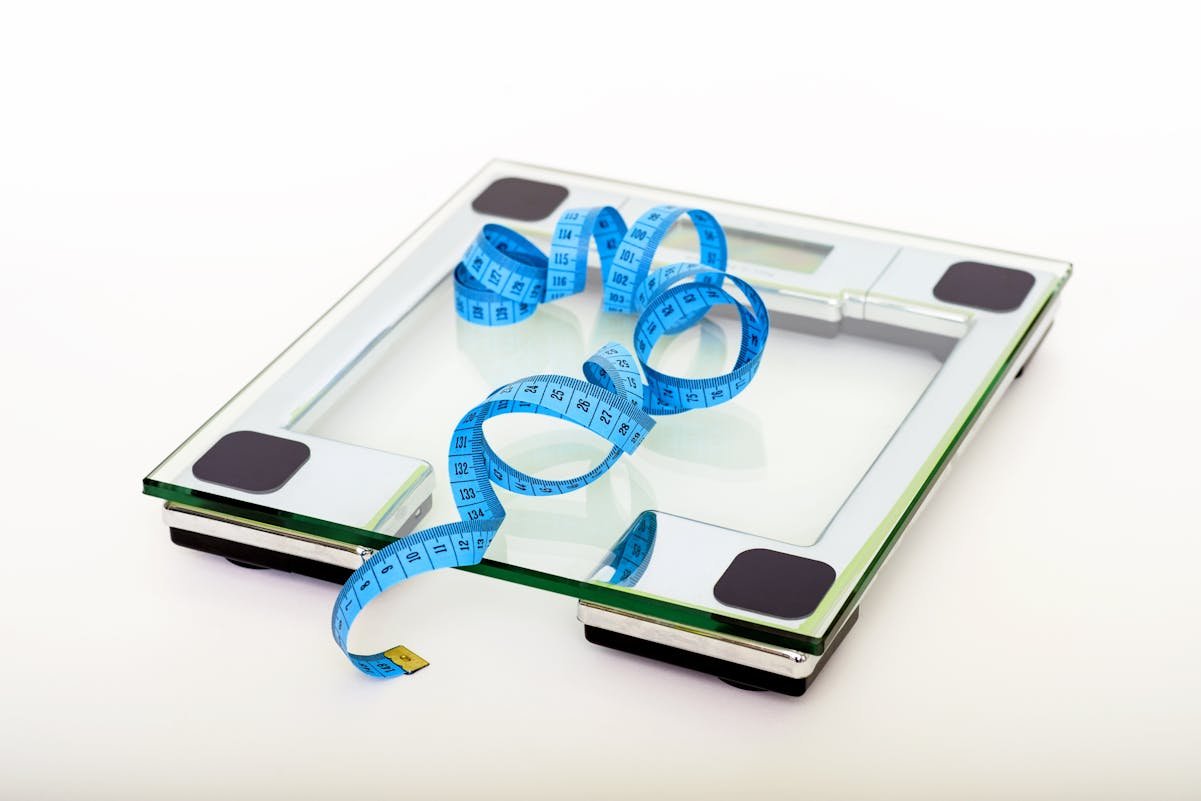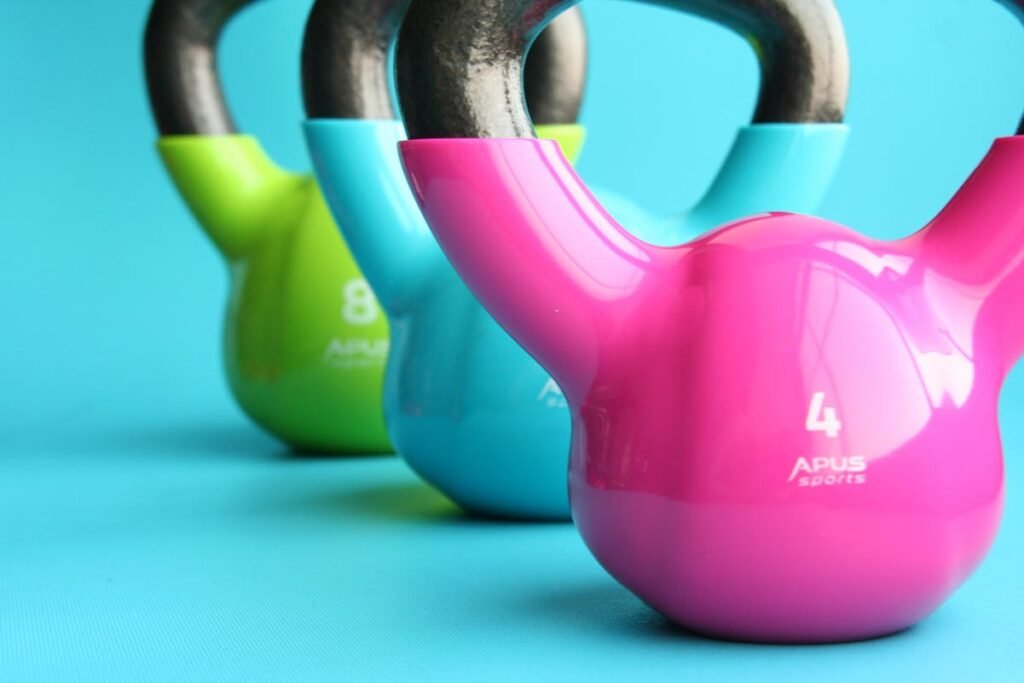This time last year, I was doing everything the health experts online told me to do. Tried all health hacks, Fasting until noon. Crushing fasted workouts. Drinking low-carb protein shakes. Keeping my calories in check. Doing ice-cold showers like I was auditioning for a Viking reboot.
And guess what? I felt like trash.
Bloated. Exhausted. Moody. My anxiety was through the roof. And somehow, I was gaining weight.
Meanwhile, some of my female friends were following the same routine and feeling way worse. That’s when it hit me—this one-size-fits-all advice doesn’t actually fit all.
It wasn’t until I discovered Dr. Stacy Sims — a researcher who specializes in women’s health — that I realized the real issue:
Most health research is designed for men.
Let’s break that down.
Why Women’s Health Advice is Broken
Historically, health studies — from exercise to medication — have been conducted on men. Even today, roughly 75% of medical research still uses male subjects.
They used to skip female lab rats entirely because their hormones “made data messy.” (Real quote.) So all the fancy advice about metabolism, sleep, supplements, and workouts? Mostly tested on men.
But news flash: women are not small men.
We have our own hormones, cycles, metabolism, and aging processes — and they change week to week. When we follow advice not made for us, it can backfire hard.
So here’s what I’ve learned — and what you might want to rethink, too.
Table of Contents
1. Intermittent Fasting
The Claim: Fast for 16+ hours a day to burn fat and improve health.
Why It Fails Women:
Intermittent fasting can wreak havoc on women’s hormonal health. It disrupts kisspeptin (a brain peptide that regulates hormones), messes with your thyroid, and spikes cortisol — especially dangerous if you’re working out fasted.
Plus, if you’re someone who wakes up already juggling ten tasks and two kids, your body doesn’t need more stress.
🔥 Real talk: Skipping breakfast is not a flex. It’s a fast track to burnout.
What To Do Instead:
Eat within 30–60 minutes of waking up. Dr. Sims recommends protein coffee if you’re not a big breakfast fan.
2. Cold Plunges
The Claim: Shocking your body with cold water boosts recovery, mood, and metabolism.
Why It Fails Women:
Women have higher fat distribution and more sensitive thermoregulation. Exposure to temps under 50°F can send us into sympathetic overdrive — aka fight-or-flight mode — without offering the recovery benefits men get.
What To Do Instead:
Try cool water (around 55°F) instead of icy cold. You’ll still get mood and inflammation benefits — without making your body panic like it’s being chased by wolves.
3. Endless Cardio
The Claim: More cardio = more fat loss.
Why It Fails Women:
Chronic cardio breaks down muscle and increases cortisol, especially when paired with low calories. It can also leave you feeling drained and skinny-fat — not toned, not strong.
What To Do Instead:
Lift. Heavy. Stuff.
Dr. Sims suggests:
- 3 sets of 8–15 reps to start
- Rest 2 mins between sets
- Gradually work up to 5 sets of 5 heavy reps
Also, try sprint intervals (30 seconds all-out, 2 mins rest, repeat x2–3).
🚶♀️ Bonus: Brisk walking is underrated. Great for fat burning without spiking cortisol.
4. Counting Calories
The Claim: Eat fewer calories than you burn and you’ll lose weight. Simple math.
Why It Fails Women:
Women’s metabolisms aren’t calculators. Hormones, stress, muscle mass, and thyroid function all affect how your body uses energy.
Under-eating tanks your metabolism and signals your body to hold onto fat — especially around your belly.
What To Do Instead:
Focus on food quality, not just quantity. Prioritize whole foods, fiber, protein, and healthy carbs.
🍳 Eat breakfast. 🥦 Eat real food. 🍓 Stop logging every calorie like it’s tax season.
5. Skipping Protein
The Claim: Too much protein = bad for kidneys or makes you bulky.
Why It Fails Women:
Women naturally go through muscle breakdown phases during their cycle. Without enough protein, we can’t rebuild tissue, support bone density, or stabilize mood.
What To Do Instead:
Dr. Sims recommends 1g of protein per pound of bodyweight per day for active women — spread out evenly every 3–4 hours.
And if you’re in perimenopause or postmenopause? You may need even more.
💡 Friendly Tip: A high-protein smoothie in the morning can be a total game changer.
✅ Try This: 21-Day Smoothie Reset
A delicious, female-friendly plan designed to help you boost metabolism, balance hormones, and curb cravings — all while nourishing your body. It’s not just another fad cleanse. It’s a hormone-happy way to reset with real ingredients and real results.
6. Eliminating Carbs
The Claim: Carbs = bad. Keto = good.
Why It Fails Women:
Women need carbs to:
- Maintain energy levels
- Balance mood
- Support hypothalamus function
- Build muscle (yep, carbs help with that!)
Going ultra low-carb can trigger low energy availability (LEA) and tank your immune system, sleep, and strength.
What To Do Instead:
Dr. Sims suggests that 40% of your energy should come from whole food carbs — think quinoa, root veggies, fruits, legumes.
🍠 Carbs aren’t the enemy. They’re fuel. Eat the sweet potato.
Bonus: What Helped Me Feel Like Myself Again
Aside from ditching the broken advice above, I also started focusing on nutrient density and recovery.
One of the biggest game changers? Collagen.
💖 Try This: Advanced Collagen Plus
This isn’t your average powder — it’s a science-backed blend of bioavailable collagen, vitamin C, and hyaluronic acid specifically designed to support:
- Hormonal skin aging
- Joint health
- Hair growth
- Gut health
Most women don’t realize that collagen starts declining in their 20s, and by your 30s, your body is practically begging for it. This formula helped my skin stop looking like crepe paper and got me feeling strong from the inside out.
🌟 Real results. Real recovery. Real glow.
Final Thoughts: Your Body Deserves Better Advice
You’re not broken. You’re not failing. You’ve just been following advice that wasn’t built for you.
The truth is, women’s bodies are incredibly complex — and powerful. We don’t need to suffer through starvation, overtraining, or freezing baths to feel and look our best.
We need to:
- Eat enough (especially protein + carbs)
- Train smart (not just hard)
- Prioritize recovery
- Listen to research designed for us
So next time you feel like something’s “off,” don’t just push harder — pause and ask: “Was this advice made for me?”
Because once I started working with my body, instead of against it, everything changed.
🧠 FAQ: What Every Woman Should Know About Health Hacks
Is intermittent fasting ever okay for women?
A: It depends on your activity level and overall stress. If you’re sedentary and dealing with metabolic issues, short fasting windows might help. But if you’re active, under stress, or struggling with hormones — it can do more harm than good. Always listen to your body first, not some 6-minute YouTube guru.
What’s a better alternative to fasting for fat loss?
A: Eating within 30–60 minutes of waking up, especially protein, helps stabilize hormones and support fat loss. Pair it with strength training and real food, like those in the 21-Day Smoothie Reset — and you’ll fuel your body and burn fat smarter.
Are cold plunges really that bad for women?
They’re not evil, just not “one-size-fits-all.” Women are more sensitive to cold due to hormonal and metabolic differences. Stick to cool (not freezing) exposure around 55°F, and skip the full-blown hypothermia vibes.
Should women do cardio or weights?
A: Both! But if you’re stuck doing hours of cardio, you might be stressing your body more than helping it. Lifting weights builds muscle, supports metabolism, and boosts long-term health. Mix in sprints or brisk walks too, just ditch the 2-pound pink dumbbells.
How much protein should women really eat?
Way more than you’ve been told. Dr. Stacy Sims recommends at least 1 gram of protein per pound of body weight daily for active women. Not sure how to hit that? Try collagen-rich supplements like Advanced Collagen Plus, they support your skin, joints, and muscle health too.
Are carbs really the enemy?
Nope. Cutting out processed junk? Great. But whole carbs, like sweet potatoes, oats, and fruit are essential for hormone balance, muscle repair, and even mental health. Carbs aren’t evil, just misunderstood.


Pingback: 5 Common Weight Loss Myths That Sabotage Fat Loss